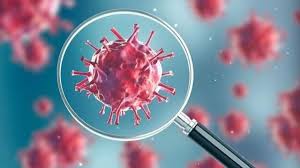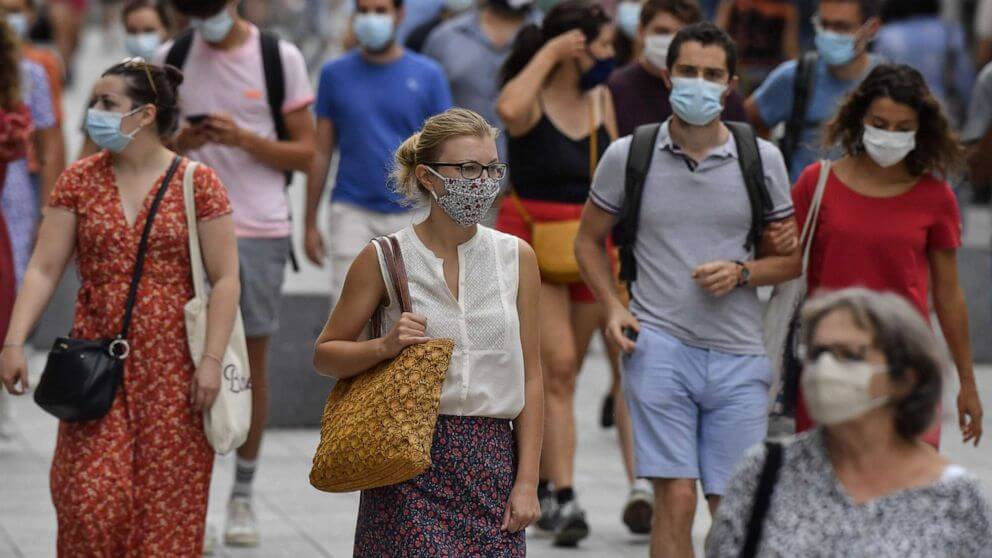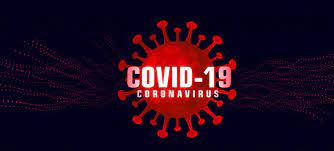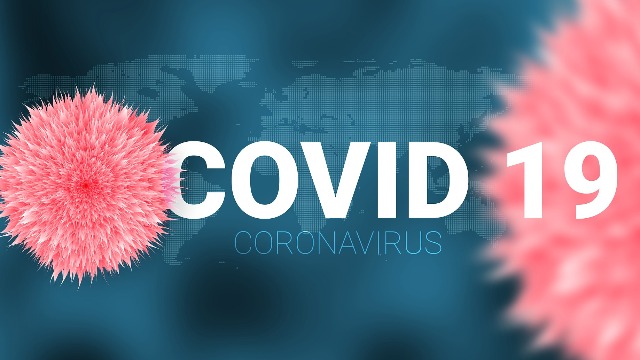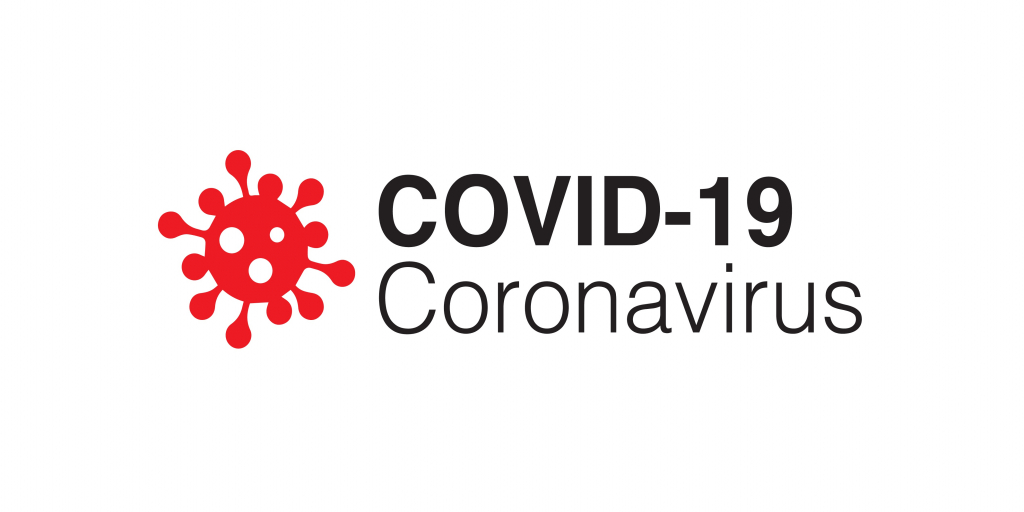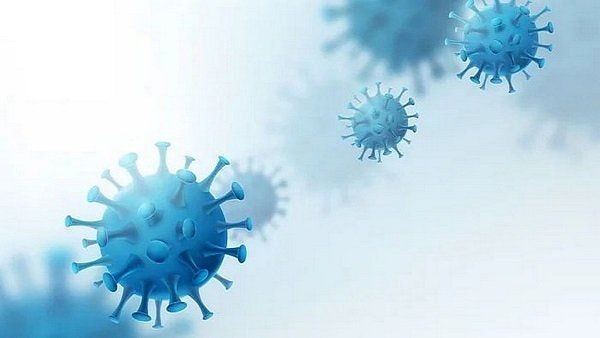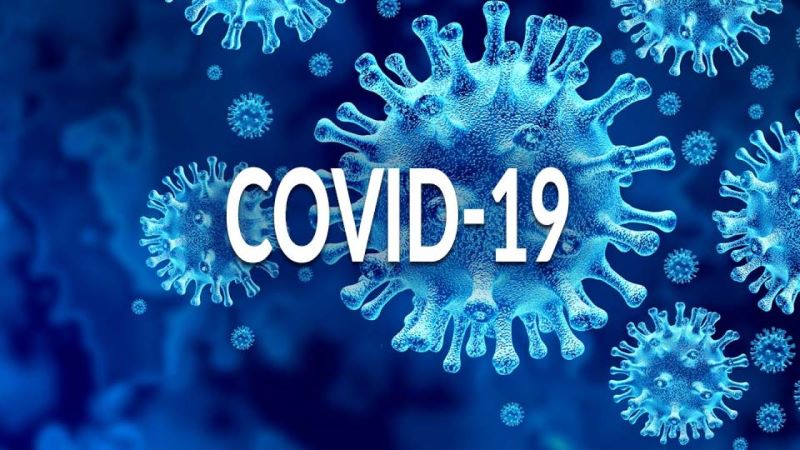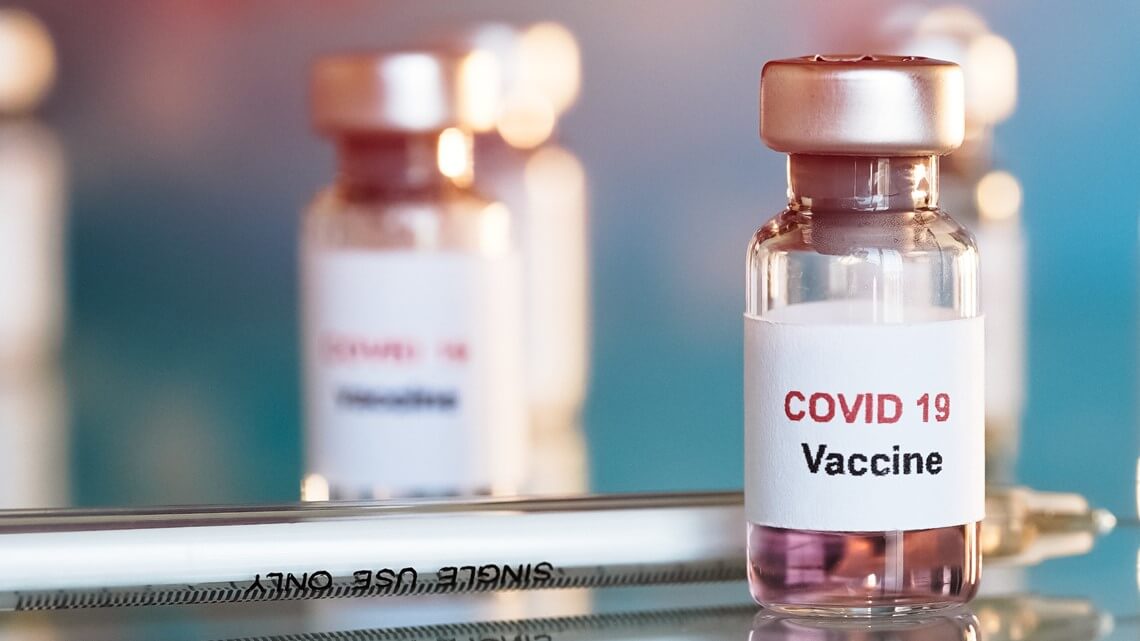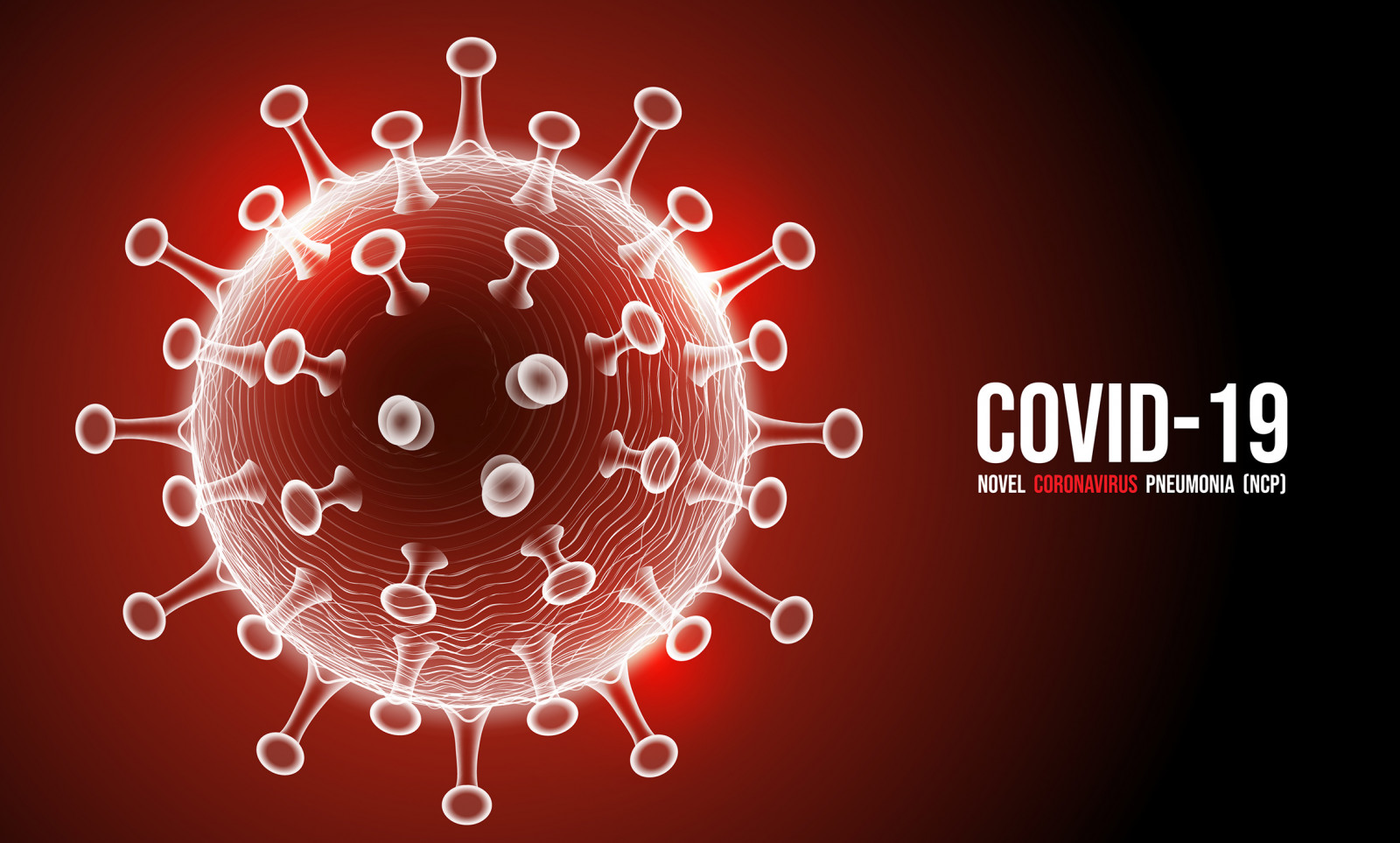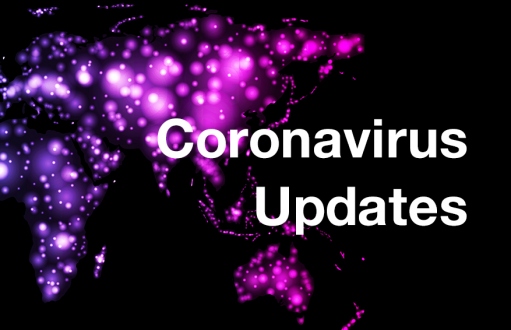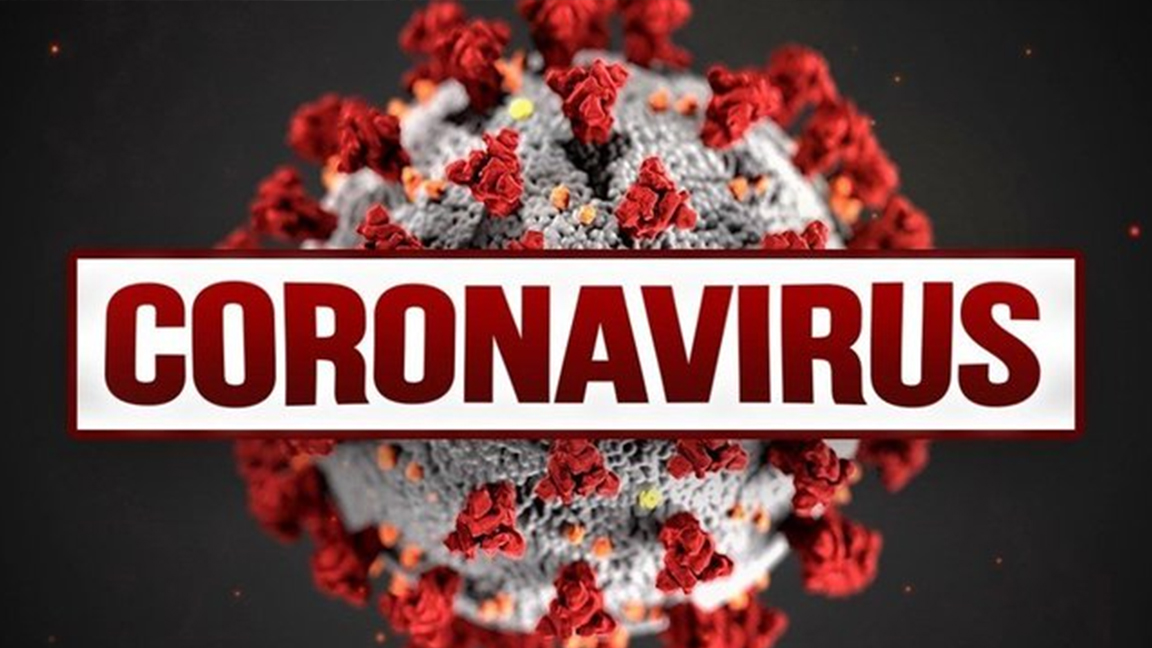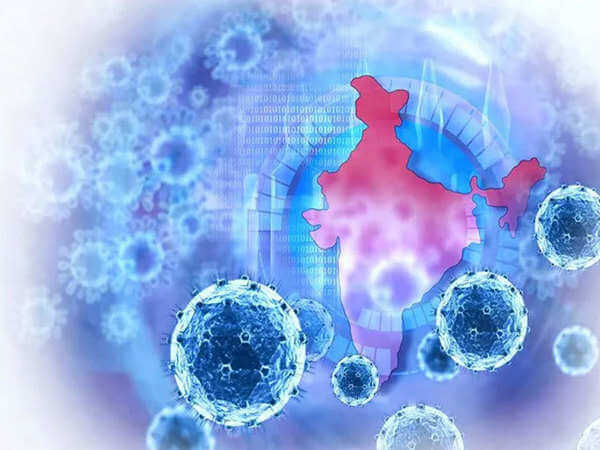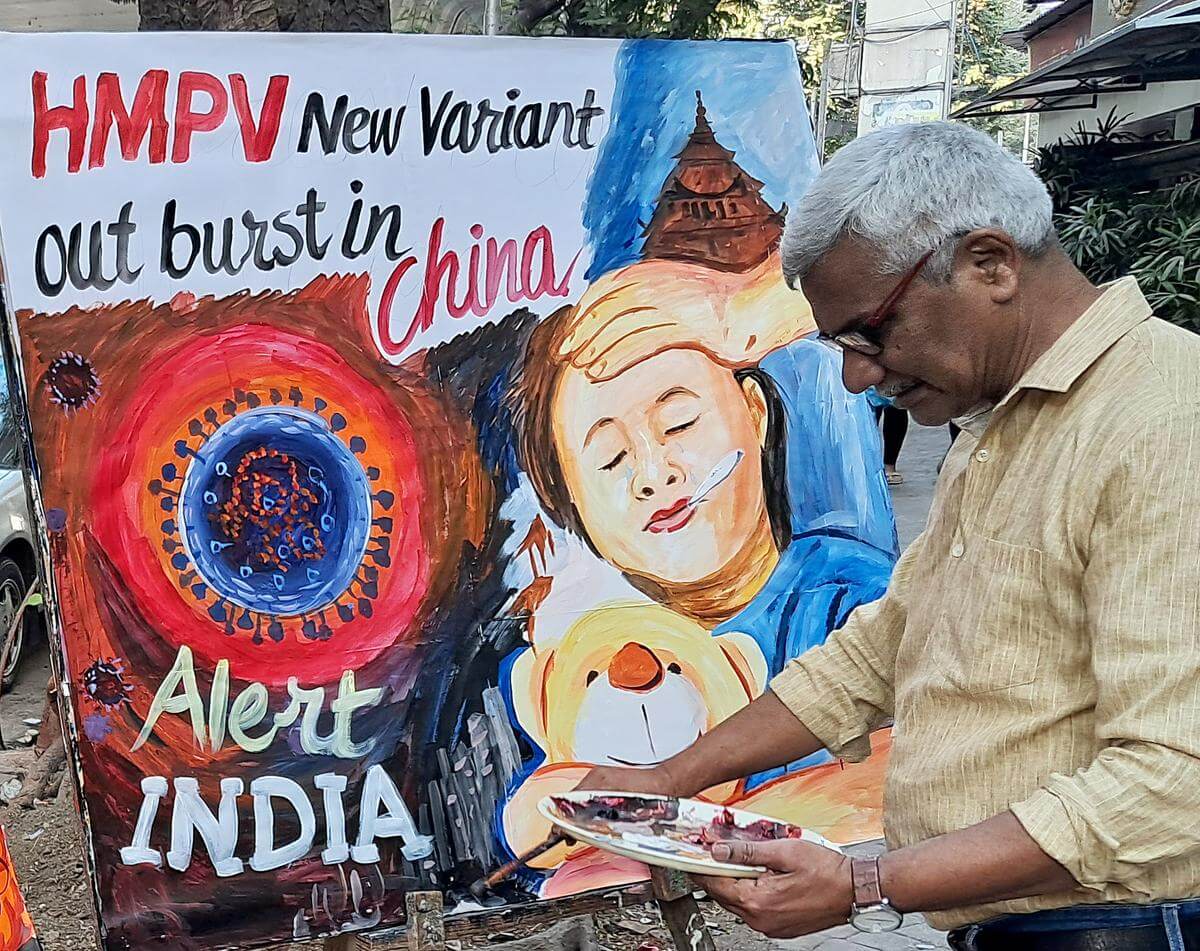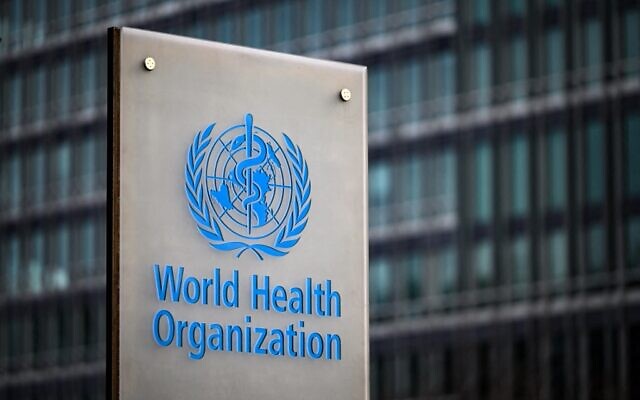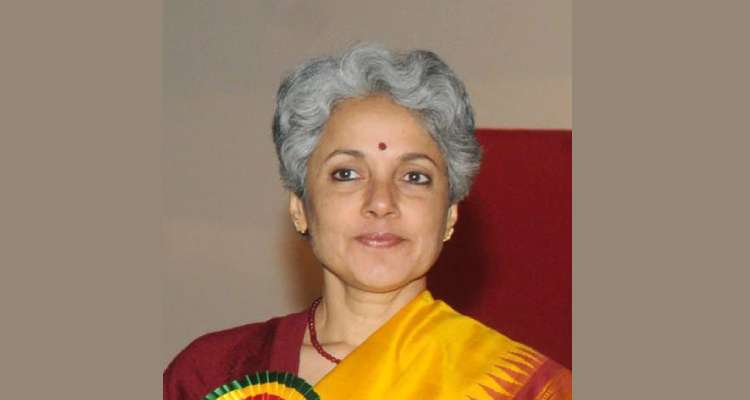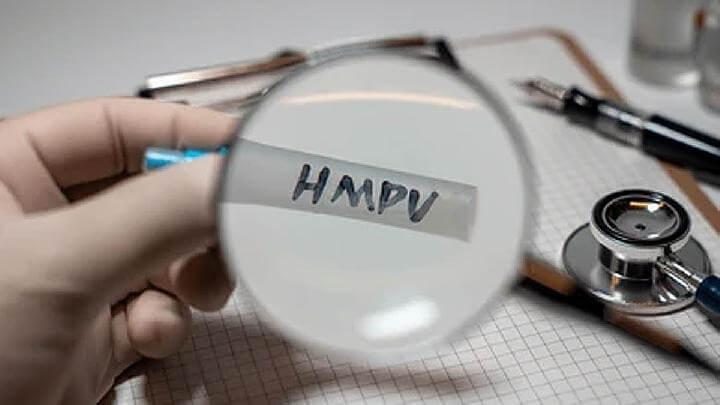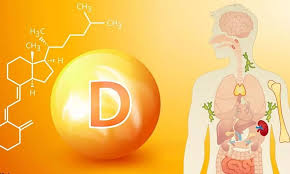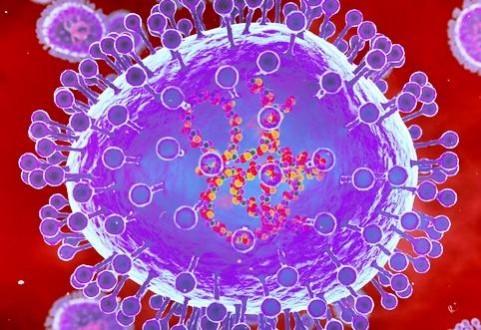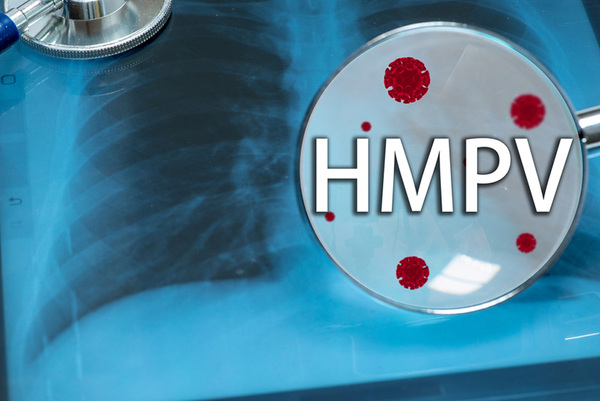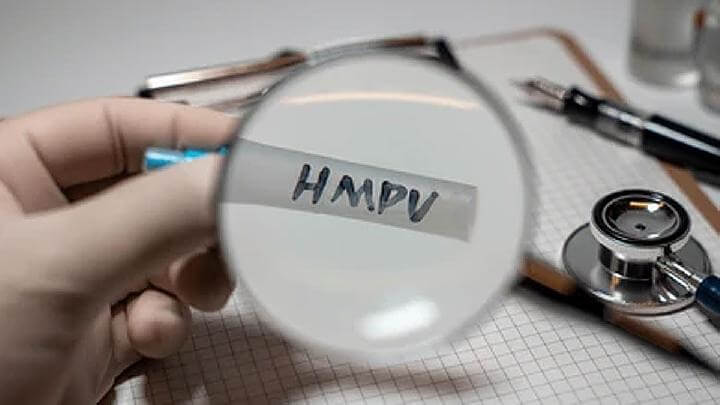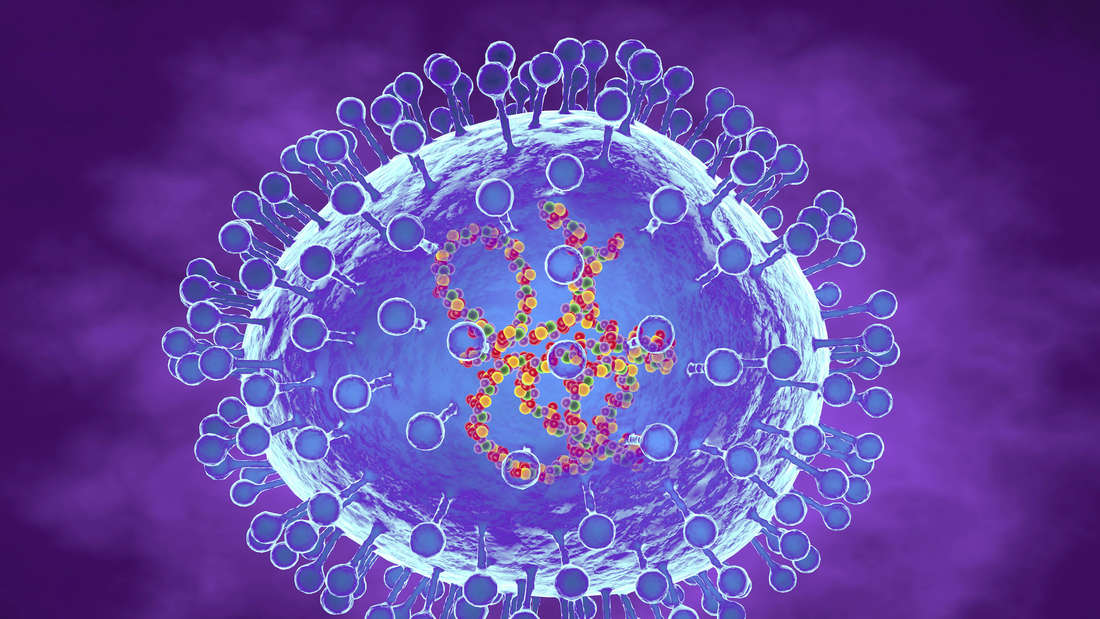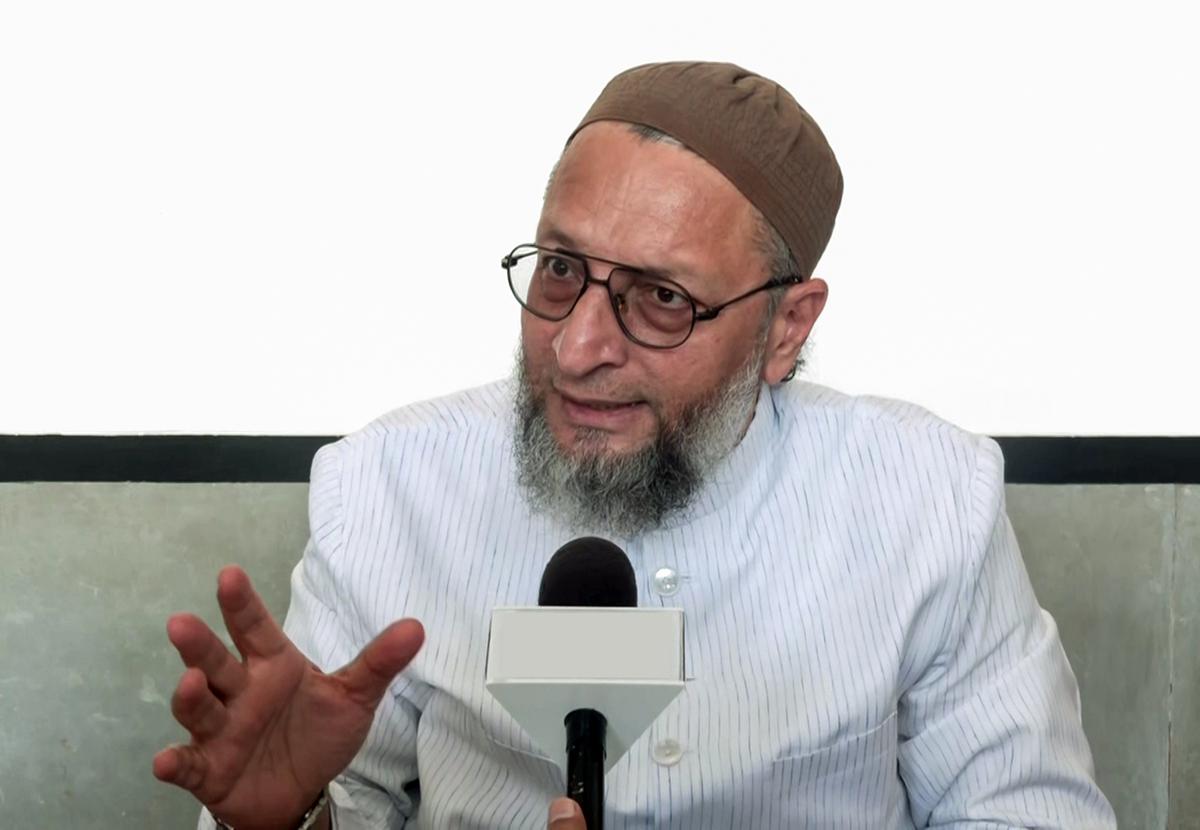WHO & it's leading partners plan to roll out 120 million rapid-diagnostic tests for Coronavirus
Tue 29 Sep 2020, 10:26:54
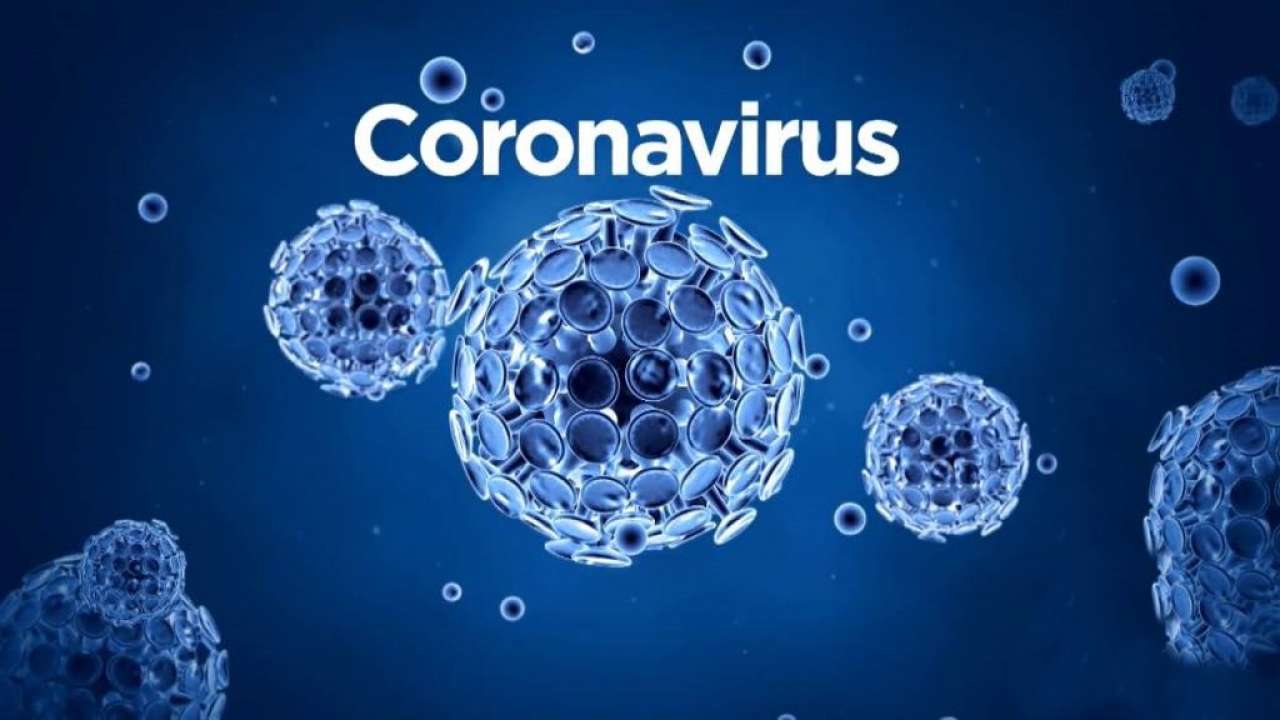
The World Health Organization has announced that the world body and it's leading partners have agreed to a plan to roll out 120 million rapid-diagnostic tests for the Corona virus.
The programme aims to help lower and middle-income countries make up ground in a testing gap with richer countries - even if it's not fully funded yet.
At five US Dollars apiece, the antigen-based rapid diagnostic tests for which WHO issued an emergency-use listing last week, the programme initially requires 600 million USD.
The programme is to be started as early as next month to provide better access to areas where it's harder to reach
with PCR tests that are used often in many wealthier nations.
with PCR tests that are used often in many wealthier nations.
The rapid tests look for antigens or proteins found on the surface of the virus. They are generally considered less accurate - though much faster - than higher-grade genetic tests, known as PCR tests.
Those tests require processing with specialty lab equipment and chemicals. Typically that turnaround takes several days to deliver results to patients.
Making the announcement, WHO Director General Tedros Adhanom Ghebreyesus yesterday hailed the programme as good news in the fight against COVID-19.
No Comments For This Post, Be first to write a Comment.
Most viewed from Coronavirus Updates
Most viewed from Health
AIMIM News
Asaduddin Owaisi questions PM Modi's China policy
Jan 08, 2025
Owaisi slams UP over police post near Sambhal mosque
Dec 31, 2024
Owaisi hails SC order on Places of Worship Act
Dec 13, 2024
AAP Corporator Tahir Hussain joins AIMIM party
Dec 11, 2024
Latest Urdu News
Most Viewed
May 26, 2020
Which political party will win the Delhi Assembly polls to be held on Feb 5?
Latest Videos View All
Like Us
Home
About Us
Advertise With Us
All Polls
Epaper Archives
Privacy Policy
Contact Us
Download Etemaad App
© 2025 Etemaad Daily News, All Rights Reserved.

